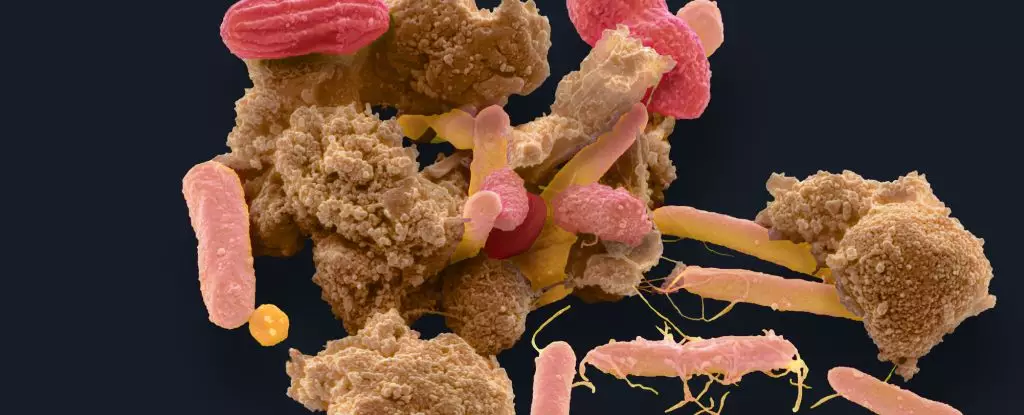Our gut, often referred to as our second brain, is home to an intricate community of microbes that play a fundamental role in maintaining our health. This balance, termed eubiosis, is crucial for various bodily functions, ranging from digestion to immune response. A disruption of this microbial harmony can trigger a domino effect of health issues, including inflammatory bowel diseases like Crohn’s and ulcerative colitis, as well as more perplexing ailments, such as certain neurological and metabolic disorders. The importance of nurturing this balance cannot be overstated; after all, the phrase “you are what you eat” has never been more applicable than in our microbiome-centric era.
The Rise of Fecal Microbiota Transplants
In recent years, fecal microbiota transplantation (FMT) has gained traction as a revolutionary treatment aimed at restoring gut health. In essence, FMT involves transferring stool from a healthy donor to a recipient, hoping to rejuvenate their gut flora with beneficial microbes. Colloquially dubbed “crapsules,” these “poo pills” are touted for their potential to rebalance the gut ecosystem. The applications for FMT are diverse, spanning from common ailments like irritable bowel syndrome to more serious challenges such as obesity, Type 2 diabetes, and even Parkinson’s disease.
However, a recently published study in the journal *Cell* has prompted a necessary reevaluation of the safety and efficacy of this intriguing medical procedure. The findings are not merely cautionary but rather a stark warning that requires the attention of both healthcare providers and patients who may be considering FMT as a remedy for their woes.
The Risks of Microbial Mismatches
In this groundbreaking study, researchers have highlighted a phenomenon termed “mismatch,” a concept borrowed from the realm of organ transplantation. Here, they found that when the microbial profile of the donor does not align with the recipient’s gut environment, serious consequences can ensue. It’s essentially a microbial case of mismatched DNA; the wrong microbes could flourish in areas of the gastrointestinal tract where they do not belong, leading to a cascade of negative effects on metabolic and immune functions.
The consequences of these mismatches were observed in laboratory mice subjected to antibiotics to alter their natural gut flora before receiving FMT. The results were concerning; not only did the transplants lead to mismatched microbial distributions, but they also triggered lasting changes in gene expressions related to metabolism and immunity. The implications of these genetic shifts are alarming, as they suggest that the potential fallout from a poorly matched FMT could be far-reaching, leaving the patient vulnerable to unforeseen health complications down the line.
A Call for Caution and Innovation
Given these revelations, the researchers are calling for greater scrutiny in the administration of fecal transplants. It is essential for medical professionals to consider not just the possibility of mismatches but also the timing, dosing, and potential side effects of these treatments. As a society that prides itself on scientific innovation, we must recognize that not all that glitters is gold, especially in the realm of human health.
Nevertheless, amidst the rising concerns surrounding FMT, there are glimmers of hope in alternative methodologies. The “omni microbial approach,” which seeks to transfer microbes from various intestinal regions rather than solely the colon, offers a promising pathway to restore a healthy gut environment. It could mitigate the localized mismatches that plague traditional fecal transplants.
Moreover, pioneering techniques aiming to “terraform” the gut hold potential for the future. By strategically introducing specific microbes to particular regions, we could foster a more harmonious microbial environment, akin to fine-tuning an orchestra for a flawless performance. These advances could revolutionize how we approach gut health, allowing us to harness the benefits of our gut microbiome while minimizing the associated risks.
We stand at an intersection of uncertainty and potential, where thorough understanding and innovative approaches are required to ensure that we do not embrace radical solutions without fully grasping their consequences. It is essential that we foster a culture of informed decision-making, where the intricacies of our health are respected, and the delicate balance of our gut’s cosmos is prioritized.


Leave a Reply